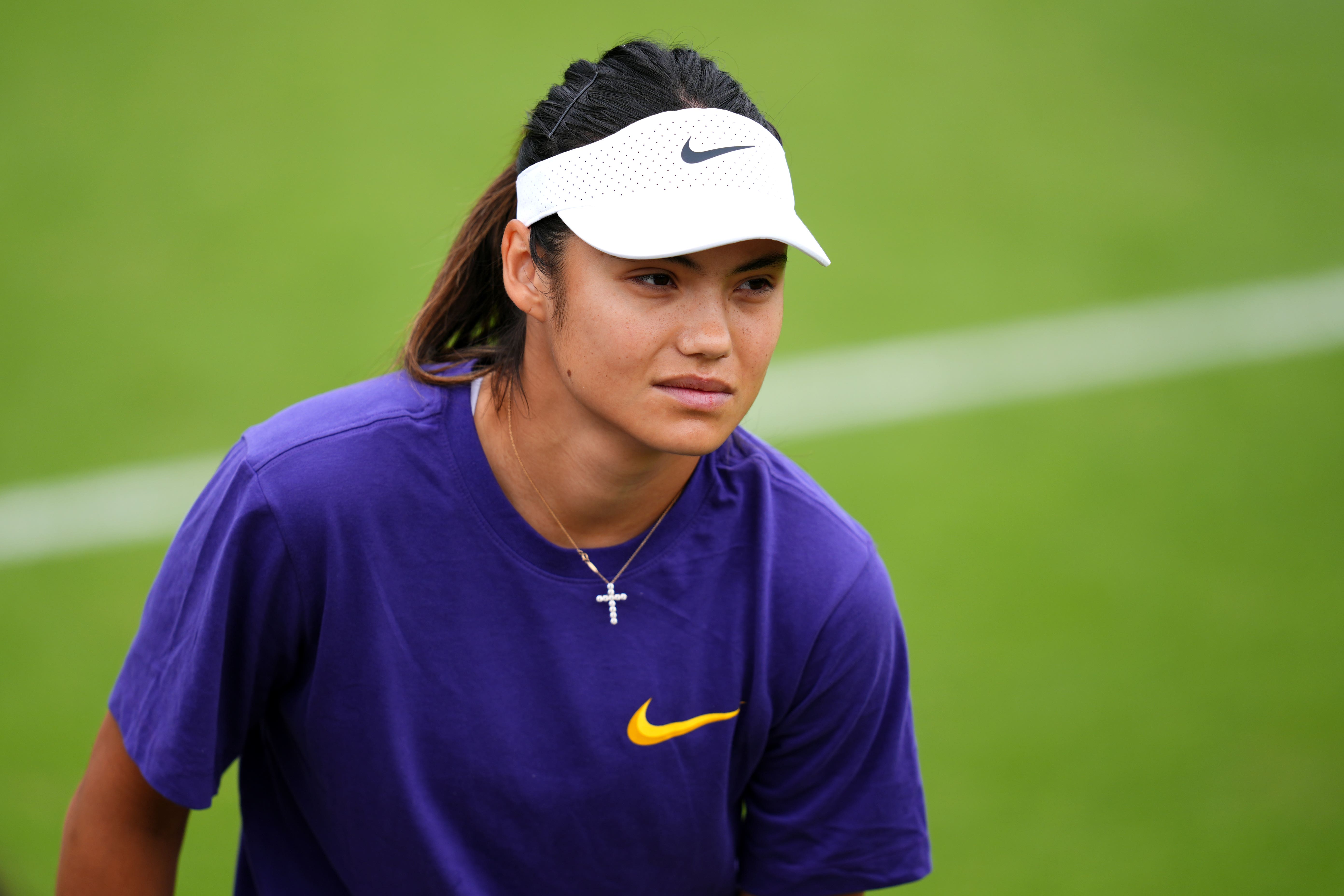The veteran anti-apartheid campaigner Peter Hain has called on Cricket South Africa to challenge the ban on women’s and girl’s cricket in Afghanistan before next month’s Champions Trophy. In a letter seen by the Guardian, Lord Hain urges the Cricket South Africa’s chief executive, Pholetsi Moseki, to take up the issue with the International Cricket Council before South Africa’s Champions Trophy match against Afghanistan in Karachi. In a particularly striking passage, Hain also draws direct parallels with the struggle of black and brown players under apartheid with the Taliban’s oppression of women’s rights in Afghanistan.
![[‘Having struggled long and hard for black and brown cricketers to represent their country I hope that post-apartheid South African cricket will press for similar rights for all women in world cricket, says Lord Peter Hain.]](https://i.guim.co.uk/img/media/58c52b5a058f5f876985370e83c13080f2d5b9fb/331_62_3267_1961/master/3267.jpg?width=445&dpr=1&s=none&crop=none)
“Having struggled long and hard for black and brown cricketers to represent their country like whites did exclusively for nearly a century, I hope that post-apartheid South African cricket will press for similar rights for all women in world cricket,” Hain tells Moseki. “Will South African cricket please raise the plight of Afghan women cricketers in the ICC and express firm solidarity with Afghan women and girls who wish to play?”.
![[Afghan fans wave Taliban flags as they watch a live broadcast of the ICC men’s Twenty20 World Cup 2024 semi-final cricket match between Afghanistan and South Africa, on a big screen at Kabul International cricket stadium in Kabul.]](https://i.guim.co.uk/img/media/71f2e8425b3474d0d5fcd6d22145a33158108bca/0_162_2985_1791/master/2985.jpg?width=445&dpr=1&s=none&crop=none)
Hain, who rose to national prominence by challenging the South African rugby and cricket tours during the early 70s, also reminds Moseki that female participation in sport has been outlawed since the Taliban’s return to power in 2021 – a decision that puts the Afghanistan Cricket Board in direct contravention of ICC rules, which require full members to organise and support a women’s national team.
“Upon regaining control of Afghanistan in August 2021, one of the Taliban government’s first acts was to ban women from sport,” writes Hain. “They raided the homes of female athletes, some of whom were forced to burn their kits to avoid being identified. The national Afghan women’s cricket team was disbanded and forced to flee the country; it is now in exile.






















